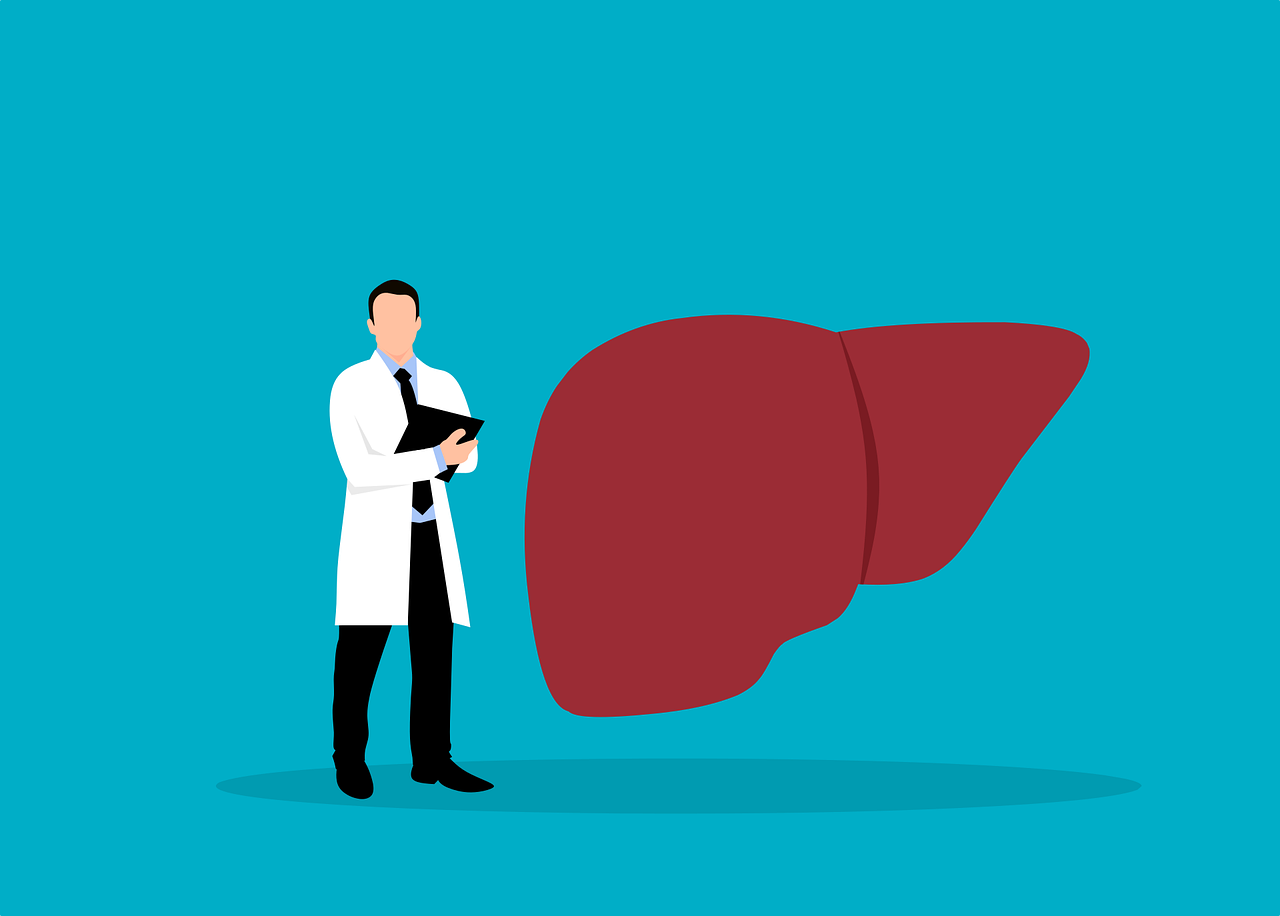Uses of beets (Beta vulgaris) and molasses (Saccharum officinarum)
June 12, 2022

Nutrient metabolism is modified in patients with liver disease because liver may be a central organ for metabolism. Protein-energy deficiency disease is common in patients with end-stage liver disease requiring liver transplantation. Provisional enteral tube feeding after liver transplant can be looked into.
Infectious complications have a major impact on the survival of patients, who have received liver transplants as a result of the invasive surgical procedures and may be connected with mortality.
Infection is one in all the foremost serious complications after liver transplantation. Microorganism infections in liver transplant recipients are related to an enlarged mortality rate. The internal organ contains the most important population of microorganism flora within the body, and each the enteric system and membrane barrier system play key roles in protective role against bacterial infection.
Microorganism overgrowth and suppression of the intestinal antibacterial drug weapons system are explicit issues in patients with viscus dysfunction, and are caused by malignant hypertension leading to intestinal puffiness and attenuated peristalsis.
Previous studies have indicated that infection is said to be bacterial translocation and enterogenous endotoxemia, which ends up from intestinal tissue layer barrier injury by total hepatic vascular exclusion and reperfusion. Enteral nutrition stimulates digestive fluid flow and portal blood flow, prevents intestinal mucosal atrophy, and preserves enteric structure and function.
A patient’s biological process standing will worsen speedily throughout the primary a pair of weeks surgical as a results of operative malnutrition, surgical stress, immunological disorder medical aid, postinterventional complications, postoperative super molecule catabolism, and fasting.
The goal of nutrition therapy within the early post transplant amount is to make sure adequate protein and calorie provision to avoid protein breakdown.
Cytokines play a serious role in the inflammation. Therefore, the association between post transplant complications and T-helper cytokines level has been studied to grasp system modulation. Recent study reported that patients with biliary complications had higher lymphokine (IL)-2, IL-4, and IL-12 levels than patients without. Early enteral feeding might have an effect on the blood serum protein levels.
However, Early enteral feeding failed to considerably improve the nutritional status.
In conclusion, that the sensible aspects of enteral feeding after liver transplantation are surmountable which enteral feeding is as effective at maintaining nutritional status as total epithelial duct nutrition, and has potential advantages in terms of reduced complications and costs.